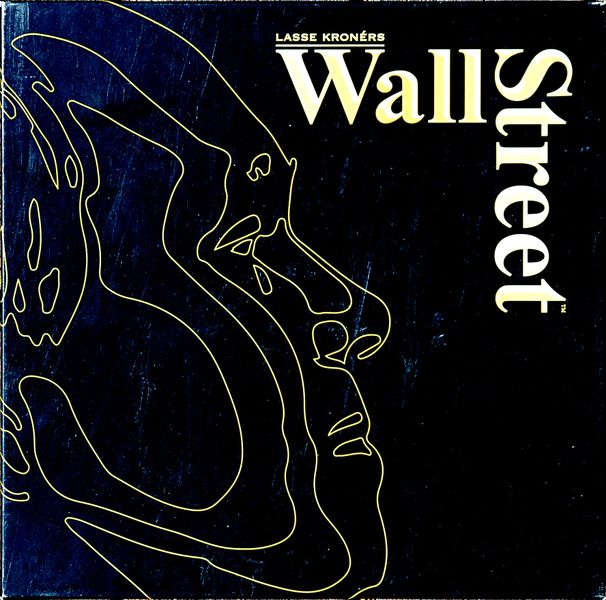Wall Street (2000) Board Game
Wall Street is a classic economic board game that was first released in 2000 by Alga. Designed by Lasse Kronér and featuring artwork by Katarina Engström, the game has become a favorite among strategy game enthusiasts. With its unique combination of auction/bidding, dice rolling, set collection, and stock holding mechanics, Wall Street offers players a challenging and engaging gaming experience.
Game Components of Wall Street
How To Setup Wall Street
To set up the game, players first lay out the game board, which represents the stock market. Each player chooses a token and places it on the “Start” space. Players are given a starting amount of money and a set of stock certificates. The market fluctuation cards, which can affect stock prices, are shuffled and placed within reach of all players. Each player receives an investment record pad to track their transactions.
Gameplay Mechanics and Game Objective
Gameplay Mechanics
Game Objective
Player Experience
Playing Wall Street is an educational and engaging experience that simulates real-world stock market dynamics. Players learn to strategize and adapt to changing market conditions, making it a great tool for teaching financial literacy. The game encourages players to think critically about investments and risk management.
Pros
Cons
Personal Thoughts on Wall Street
Wall Street is ideal for anyone looking to introduce themselves or their family to the basics of stock market trading and financial management. It’s a fun and educational tool that can help build a foundation in personal finance. While it may not offer the depth and complexity of more advanced financial simulations, it serves its purpose as an accessible and engaging introduction to the world of stocks and investments.
We are supported by our audience. When you purchase through links on our site, we may earn an affiliate commission, at no extra cost for you. Learn more.

